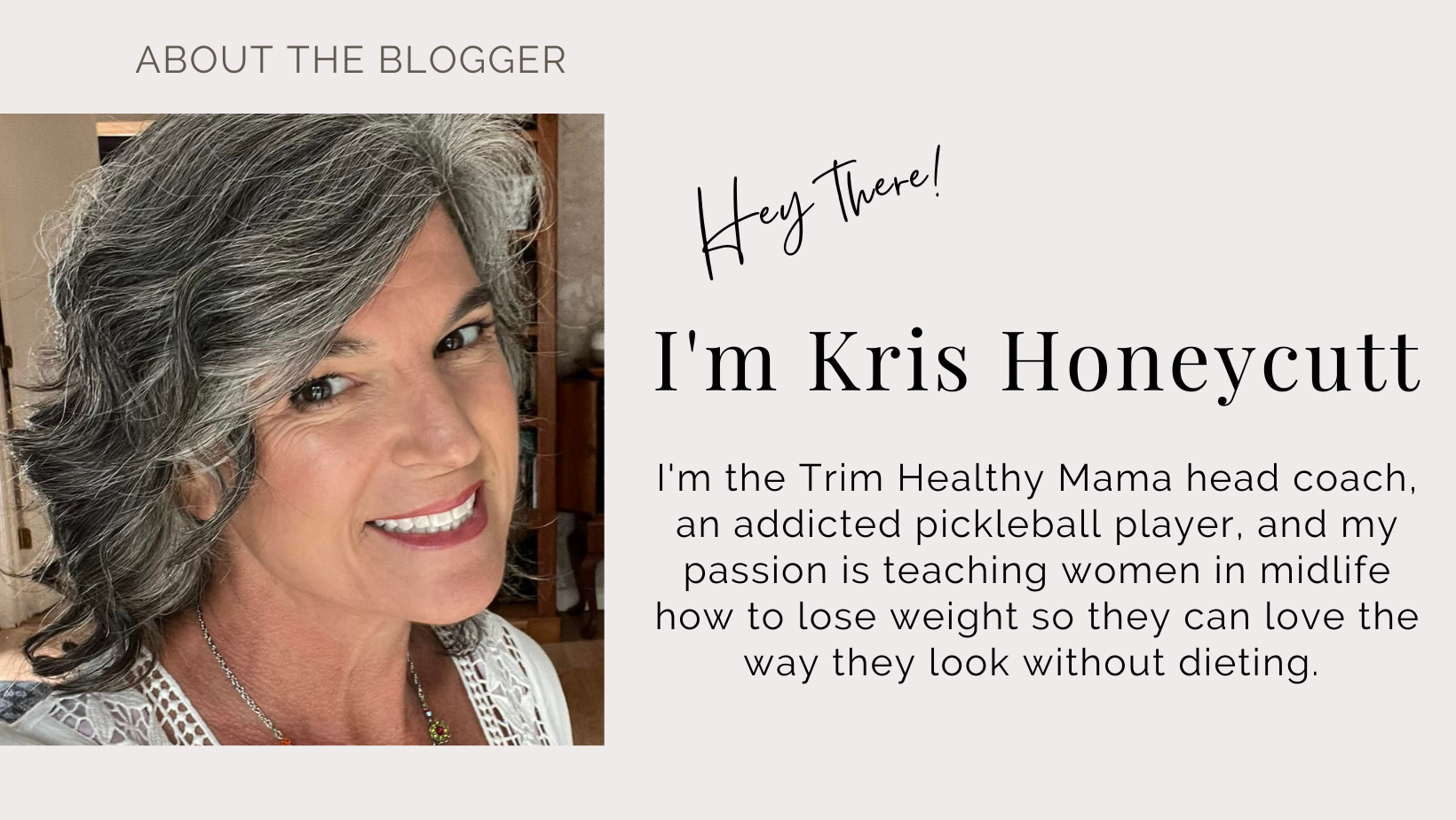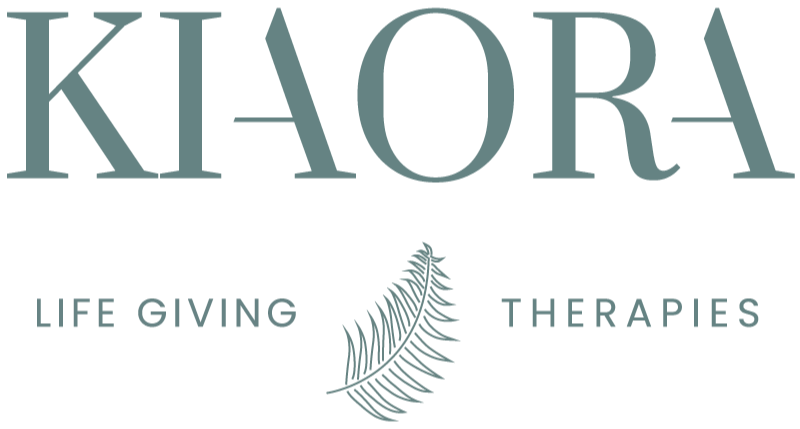How to Survive Crazy Hormones and Reclaim Menopause Life

Music provided by: https://www.purple-planet.com/
Apple Podcast - Spotify
If you are in midlife, perimenopause, menopause, or postmenopause, and you've said this to yourself, “I feel like I'm going crazy.”
You are not alone.
Let me tell you about a lady, just like you, I’ll call her Eleanor.
Eleanor prided herself on her ability to handle life's ups and downs with grace.
But as she entered her late forties, something inside began to shift. It started with subtle changes, forgetting where she placed her car keys, struggling to concentrate on reading a book, and things like that.
However, over time, the lapses became more frequent.
One evening while she was cooking dinner, she couldn't remember the recipe for her signature pasta dish. The dish she’d made hundreds of times. Frustration boiled within her and tears rolled up unexpectedly. She felt like she was losing control. Her best friend, Tina, noticed the changes and encouraged her to go do something about it.
So she did. She went to talk to her doctor but was told - “This is Perimenopause. Welcome to it. Get on the pill or an antidepressant.”
Eleanor was devastated. She decided not to accept this depressing diagnosis and started researching. She kept asking. She looked for answers. Eventually, she began understanding that a lot of the lifestyle factors we talk about, the ones we all know we need to be doing, like, eating better, exercising, getting enough sleep, and dealing with stress, really are crucial in this time period.
So she ended up learning how to establish new habits in her midlife season, she began working with a practitioner, and she began taking Bio-Identical Hormones, which was a game changer for her.
Her midlife season began to be a season with hope and a future.
Science Behind Your Hormonal Symptoms
Today, I want to talk to you a little bit about the feeling of losing control or like you're going crazy.
What’s really going on, what you can do about it, and why it is happening?
For me, personally, it was a subtle thing that crept on me over time. The reason is because of the shifts of the hormones: estrogen, progesterone, and even testosterone.
And when that shift occurs, it impacts the neurotransmitters, serotonin, and dopamine.
There's a shift in progesterone and that's our feel-good hormone, so we're not feeling as good. We may have low levels of anxiety or high cortisol levels. Maybe there's a lot of stress going on.
And then lastly, a lot of times when we are in our forties and fifties, and even sixties, we wake up frequently in the night due to cortisol or really lack of estrogen. All of these can impact the way our brain is functioning and how we show up each day.
If you feel like you're going crazy, I wanna tell you this, it's your hormones.
But making peace with the fact that, wow, “this is a transition I'm going through and there is hope,” can take you a long way.
So what can I do, Coach Kris? What do I need to be doing right now in this season so that I can feel better? So that I can think clearly, avoid the brain fog, and know where I put my keys or remember my best friend's name.
Because this is a transition, it is going to take some time before your brain finds a new normal.
As estrogen declines, there is a shift, a transition in your brain and some of these outside stimuli are taking the place of estrogen. And that's why they're so important now in midlife to implement some of these habits.
It's really important in our perimenopause, menopause, and postmenopausal years to dial these habits in because they're acting as an extra stimulus for our health and for our wellness.
Unveiling the Solution: Trim Healthy Mama Lifestyle
And so the first thing you want to focus on is your Trim Healthy Mama lifestyle.
The Trim Healthy Mama plan is for everyone, and it can be tweaked in each season which is what we are looking for in our midlife season.
Get on the THM plan and stick with it.
That means you are separating your THM fuels, and you’re getting adequate protein throughout the day. It is crucial for those of us in midlife to have adequate protein.
If you're eating between twenty and thirty grams at each meal and maybe even at your snack, that is going to give you a really good dose of protein throughout the day. If you are exercising, if you are contending for muscle, as Pearl and Serene talk about, you will want extra protein to feed your muscles.
You also want to make sure you're getting your Energizing (E) meals.
These are your low-glycemic carbs paired with low-fat and balanced with plenty of lean protein. Aim for at least two E meals or snacks a day.
It's going to be very different for each person how they incorporate that into their day, but the energizing (E) meals are going to be feeding and nourishing your thyroid and your adrenals, revving your metabolism, and giving you those good vitamins, minerals, nutrients, and all the things we get from those lovely carbohydrates.
Next, make sure you're getting enough fiber.
Fiber is important because it's going to help you detox excess estrogen. It's going to help you feel satiated, and it's going to help reduce belly fat.
Studies show twenty to thirty grams of fiber a day decreases belly fat in menopausal women.
Focus on whole foods with very little processed foods and definitely avoid those PUFAs, those bad oils, and polyunsaturated oils that are off-plan. They are detrimental to your health.
Stop telling your body to store fat by creating insulin spikes when you eat white flour and white sugar.
Make sure not to back off on calories or skip breakfast and just have collagen in your coffee!
You want to start your morning out with breakfast, at least thirty grams of protein, the most important meal of the day.
Everyday Movement and Hormonal Health
Second, you want to get your everyday movement. This sounds like a no-brainer but it is a HUGE needle mover in your weight loss journey. It is one of the key factors of why we begin to gain excess weight in menopause.
Everyday movement is key.
I suggest just good old walking, hitting the pavement, the treadmill, or the yard.
There are so many benefits to walking.
5-10k steps is a great place to start.
I'm actually working on fifteen thousand steps a day. It feels amazing to go on a couple of walks. And it doesn't have to be all at one time. You don't have to block off thirty minutes. You can block off several sessions of twenty minutes or maybe you walk a thirty-minute walk a day and then you add five minutes after each meal which can help lower insulin levels by thirty-two percent.
Everyday movement could also mean when you go to the store, you park far away. That means you take the steps instead of the elevator. Find ways to move. I like to look at taking fitness breaks, instead of a snack break, it's a fitness break.
Use a YouTube walking video. Get a treadmill, get a bike, whatever you need to do, get that movement, and be intentional about it.
Prioritizing Sleep and Stress Management
Sleep. This one is a bit tricky because a lot of times we aren't in control of making ourselves sleep. However, you really want to work on your sleep routine.
Getting your circadian rhythm healthy, means you're going to bed at the same time, and you're waking up at the same time. When you wake up, you look at the light. When you go to sleep, you have dim light, you avoid the blue light, and you have a wind-down routine for yourself for the day.
Maybe you're even using a supplement something like magnesium or melatonin and also making sure that you are sleeping in a cool and completely dark room.
Those are the things that can be very helpful when you do wake up at three in the morning, which can be really common.
I used to get up and start working but that made things worse because it got my brain going at three AM. Now, I'll do a little meditation and usually fall right back to sleep and sleep until it's time for me to get up. It takes practice and you might get frustrated, but don't give up.
Don't give up on making sure you get your sleep. Sleep is where you get the restoration to produce human growth hormone. There are a lot of things happening in our sleep. It'll allow our cortisol levels to be managed better.
Stress reduction is huge. We are already in a more stressful state because of our decline in hormones, which means our cortisol levels are usually a little bit higher than normal. And then on top of that, adding in chronic stress or just stress throughout the day that's not managed, really drives up cortisol levels.
It drives up A1C. That can drive up fat storage and also cause insulin resistance, so we really want to be dealing with stress and manage our stress. Some ways I do and teach my clients to do is to start doing some daily breathing or grounding.
Yoga, journaling, talking with a friend, prayer, rest, taking a fifteen-minute break, or just laying down to rest. Whatever you need to do to manage that stress is going to help reduce cortisol levels.
It's going to help you sleep better. It's going to help you feel better. It's going to help you with a positive outlook.
So If you feel like you're going crazy, I've got good news for you. It's your hormones.
These are some things you can start implementing today.
This is a transition and there are going to be things that you're going to learn and grow and figure out but there are a lot of things that we can do about it.
Lastly, look into hormone replacement therapy.
I have several other podcasts where I've talked about that, but hormone replacement therapy can be a game-changer. If you think you're not a candidate, you want to find a practitioner who knows and specializes in bioidentical hormone therapy because you might be a candidate and you might just not be informed.
So take these suggestions and implement them and start feeling better today.





